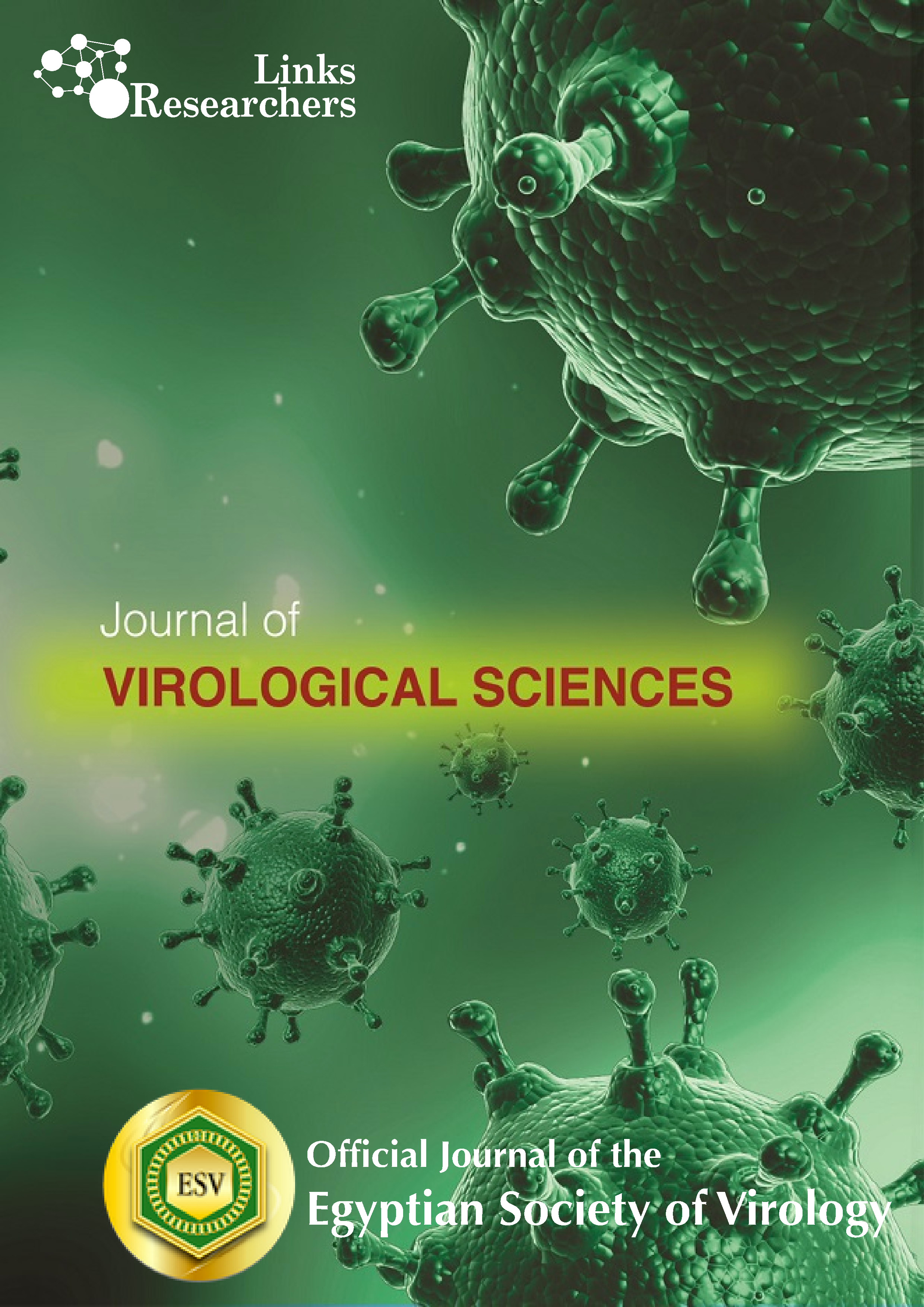The discovery of phytoplasmas: A historical reminiscence of success and failure
The discovery of phytoplasmas: A historical reminiscence of success and failure
Karl Maramorosch
ABSTRACT
Described as virus diseases are now known to be caused by phytoplasmas and spiroplasmas. Earlier attempts to concentrate, purify and visualize by electron microscopy the presumptive viruses have failed. Causative agents of yellows-type plant diseases were classified as viruses because no fungi or bacteria could be detected in diseased plants. The inadequate characterization of viruses delayed the discovery of the pathogens of yellows-type diseases by forty years. In 1967 Japanese plant pathologists and entomologists announced the discovery of mycoplasma-resembling pathogens in diseased plants and insect vectors and the temporary recovery of diseased plants treated with tetracycline antibiotics. The recognition of mycoplasma-like structures was made accidentally by a veterinarian, Kaoru Koshimizu, but no credit was given to his crucial role. The simultaneous announcement of the detection of phytoplasmas in a leafhopper vector by Japanese entomologists was not mentioned by Tokyo plant pathologists. Attempts to culture the fastidious phytoplasmas failed, while spiroplasmas have been cultured and properly characterized and classified. Several careers were made by phytoplasma and spiroplasma researchers, but some were destroyed by erroneous reports and one tragically ended through political involvement. The striking progress in the study of phytoplasmas illustrates the benefits derived from collaboration between experts working in diverse fields of science and from participation in symposia and congresses.
To share on other social networks, click on any share button. What are these?





